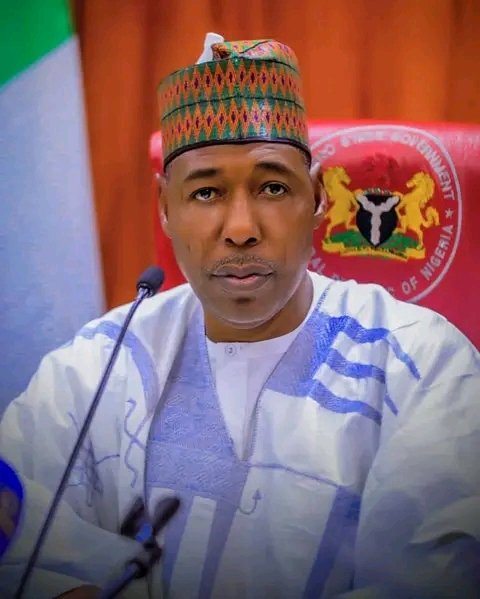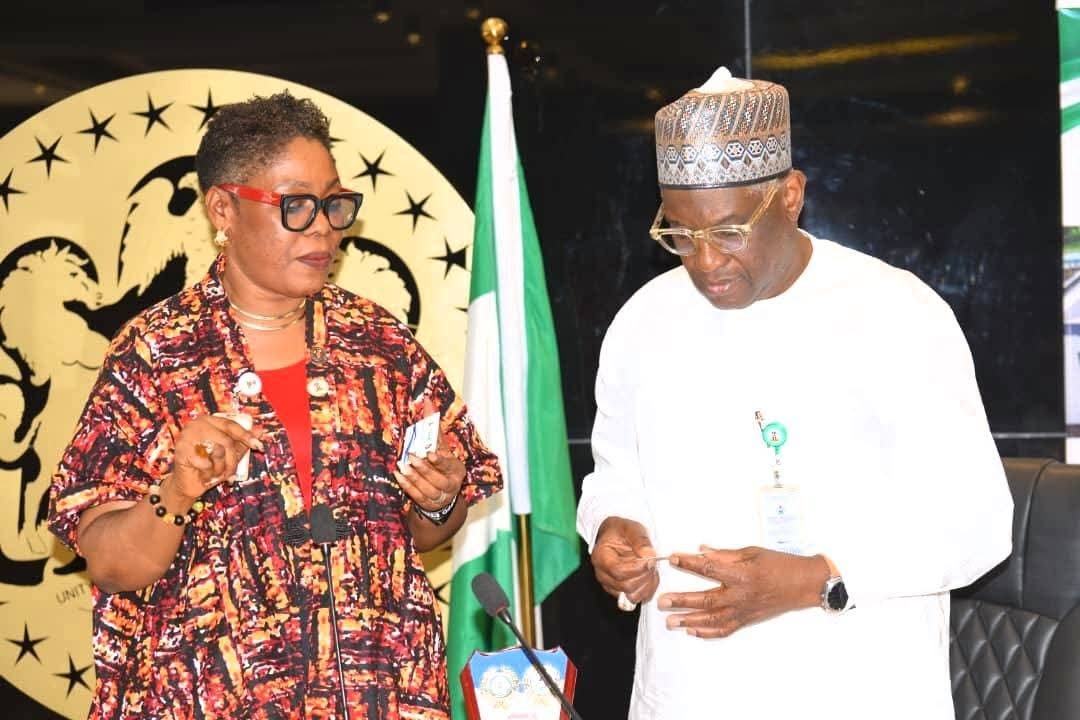Pantami Suggests Review Of 7 Sections Of Tinubu’s Tax Administration Bill
Former Minister of Digital Economy, Professor Isa Ali Ibrahim Pantami has called for a review of seven sections of the Tax Administration Bill to avoid conflict and challenges in its implementation.
He also advised the National Assembly to suspend deliberations on the four tax bills to allow for wider consultation and inputs.
“The bill has the potential to transform tax collection administration if improved and implemented in the national interest. Nevertheless, there are critical observations that need to be addressed, including a potential conflict with the Federal Republic of Nigeria’s constitution.”
“Several sections of the Bill make me uncomfortable, primarily because they lack clear definitions, which could lead to significant challenges during implementation.
“Furthermore, regulatory bodies may exploit these ambiguities when developing their regulatory instruments,” Pantami stated.
The former minister, therefore, advised the National Assembly to “suspend Legislative Action for now as some of the challenges could not be addressed by the chambers alone.”
He also called for wider consultations on the bills to ensure that all relevant stakeholders are contacted and all ambiguities effectively reviewed and addressed.
“In leadership, the ability to change one’s mind is a sign of intelligence and empathy, not weakness,” he reminded President Bola Tinubu and the leaders of the National Assembly.
Pantami specifically recommended the review of Sections 3(3); 7(6); 8(2); 23, 28, 95, 96, 97, and 118, as well as Section 141 (supremacy clause).
“I believe that tax, constitutional, and business lawyers, among others, also have a significant role to play in improving the bills.”
He also advised the government to address the mistrust between it and the citizens, noting that the situation in Nigeria has been deteriorating due to this mistrust.
“Citizens are largely suspicious. Building trust is crucial at this juncture for all arms and tiers of government. We must also prioritise our national interest over and above our personal interests. Issues must also be discussed objectively and critically,” the former minister said.





